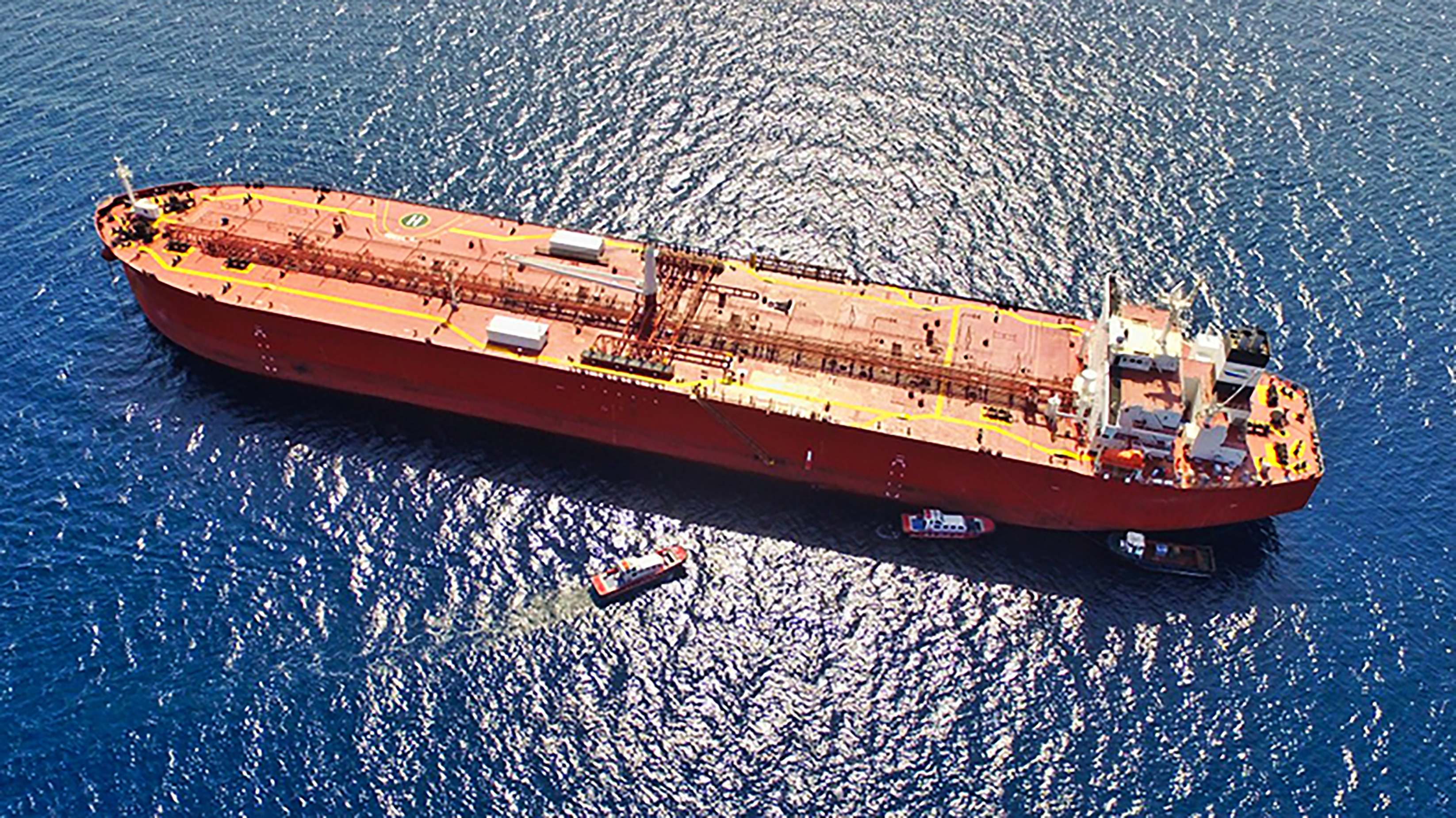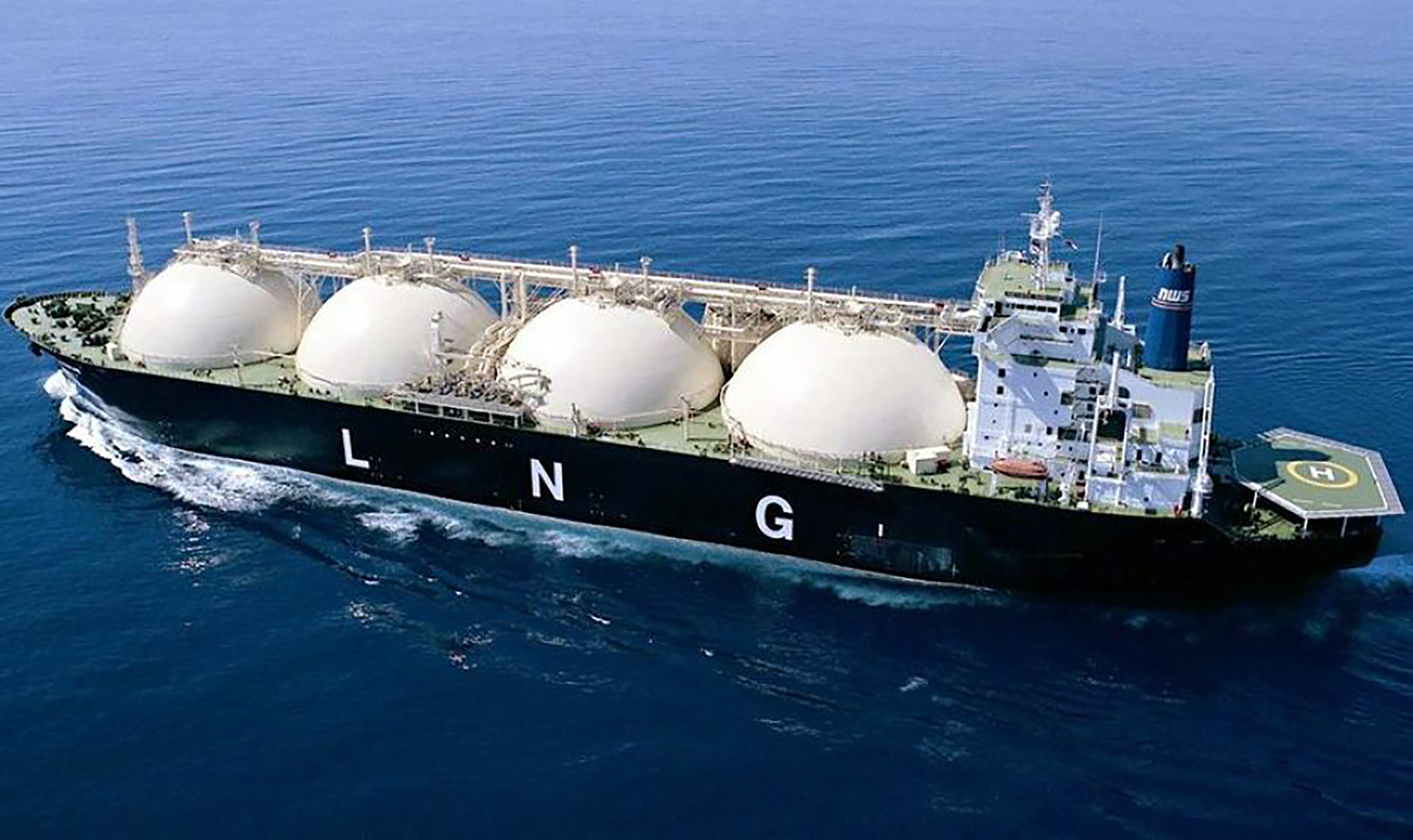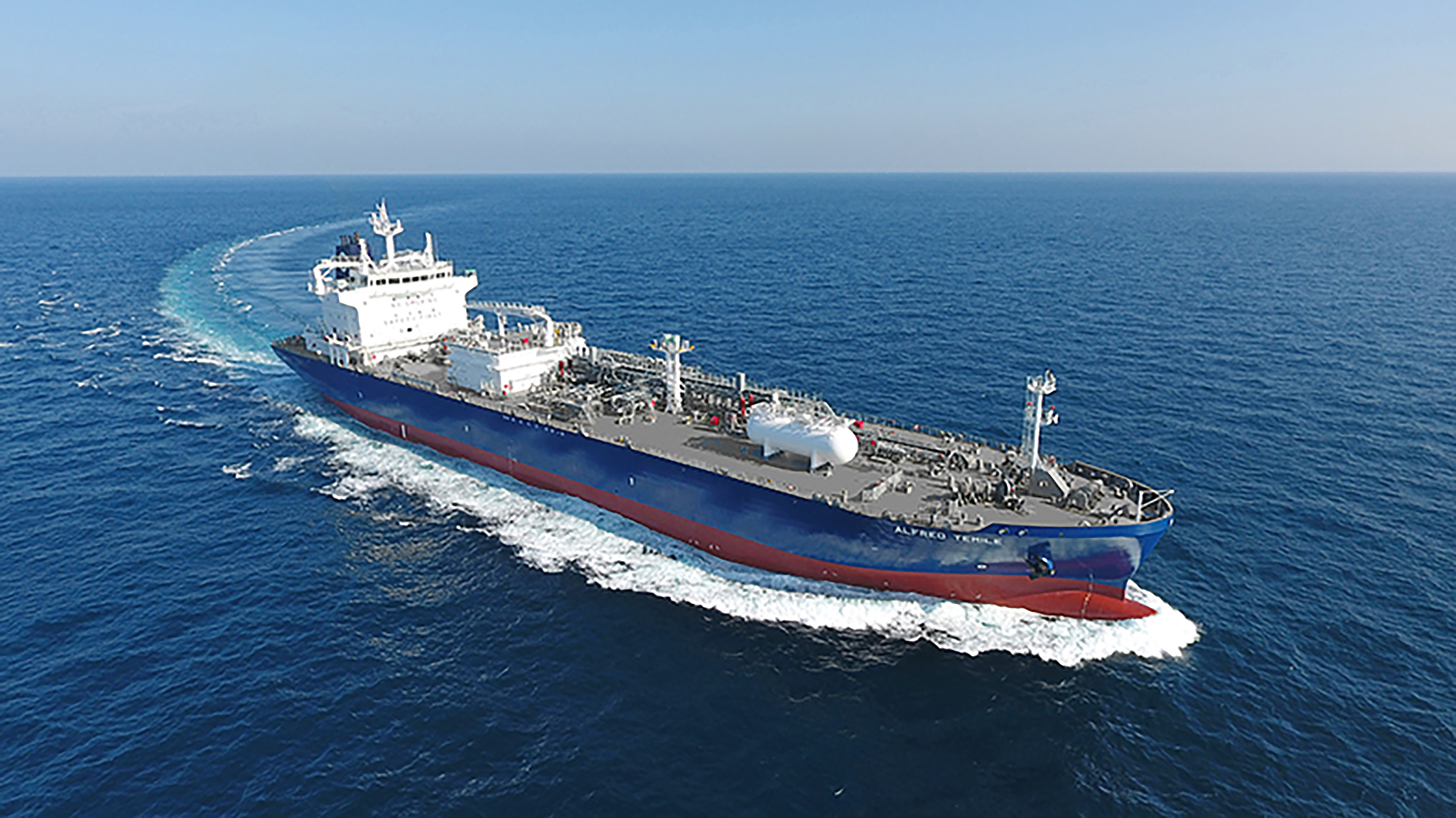

AB Shipping services
CURED OIL SHIPPING
A crude oil tanker is a specialized vessel designed to transport large quantities of unrefined crude oil from production sites to refineries, or distribution centers around the world. Oil tankers are typically categorized as either dirty tankers (which move crude oil or “dirty” products, such as residual fuel oil) or “clean” product tankers (which move clean products. such as gasoline and diesel).
These ships have large cargo holds, or tanks specifically designed to carry crude oil safely across oceans. They play a crucial role in the global oil trade, facilitating the movement of crude oil from oil-producing regions to areas of demand for processing and consumption
How Does the Crude Tanker Business Work?
A crude tanker is a an oil tanker built specifically for transporting crude oil (as opposed to refined oil). The firm that owns the crude tanker leases the ship under a complicated contract to oil marketers, oil refiners, chemical companies, or other users like contractors representing governments, consortiums or businesses. Contract terms vary based on the length of the lease, the quantity of oil to be transported and the route of transport. The contract also includes details of who will bear operational expenses like fuel costs, crew payments and insurance.
Long-term contracts that span several months, or even years, are quite common


AB Shipping services
LNG SHIPPING
Future-proof four-stroke engines for changing conditions, While demand for LNG carriers is high, so are the standards that these very special vessels must attain. As well as answering safety concerns, LNG cargo vessels must operate efficiently to maintain profitability while complying with the strict IMO environmental regulations. That still leaves uncertainty over future fuel developments. Our solution builds on the flexibility of our dual-fuel engines, highly efficient methane slip reduction techniques, and innovative concepts like the Dual-Fuel, Electric+ (DFE+) propulsion system.
Part of our wide variety of services and solutions is ship-to-ship bunkering, operated since 2017 with our LNG bunker vessels . Having performed around a thousand of safe bunker operations both at sea and in port, Ab shipping provides a flexible and responsive service for operators in the maritime market.
Bunkering LNG ship-to-ship can take place between two sea-going ships at anchorage or in port. Also, depending on the port restrictions, bunkering can be done efficiently at the same time as the vessel receiving LNG carries out simultaneous cargo operations.
The LNG bunker ship needs to secure that all gas detection equipment is certified and in good condition. Both the bunker ship and the receiving vessel need to have installed efficient and safe emergency shutdown systems (ESD). The hoses are equipped with a drip-free quick coupling and a break away unit, which, in case of an emergency, breaks off without any spill.


AB Shipping services
LPG SHIPPING
LPG ships, also known as gas carrier ships, are ocean-going vessels that transport liquefied petroleum gas (LPG) and LNG from one location to another. LPG is a promising alternative fuel for the maritime industry, as it has lower greenhouse gas emissions and almost no sulfur emissions compared to other fuels.
The scope of work in LPG tankers has straddled a wide variety of assignments including market analysis, lender’s due diligence, asset valuation and sea freight strategy formulation.
As the shipping sector seeks ways to reduce its environmental footprint, LPG stands out due to its lower greenhouse gas emissions and near elimination of Sulphur emissions compared to conventional maritime fuels.





